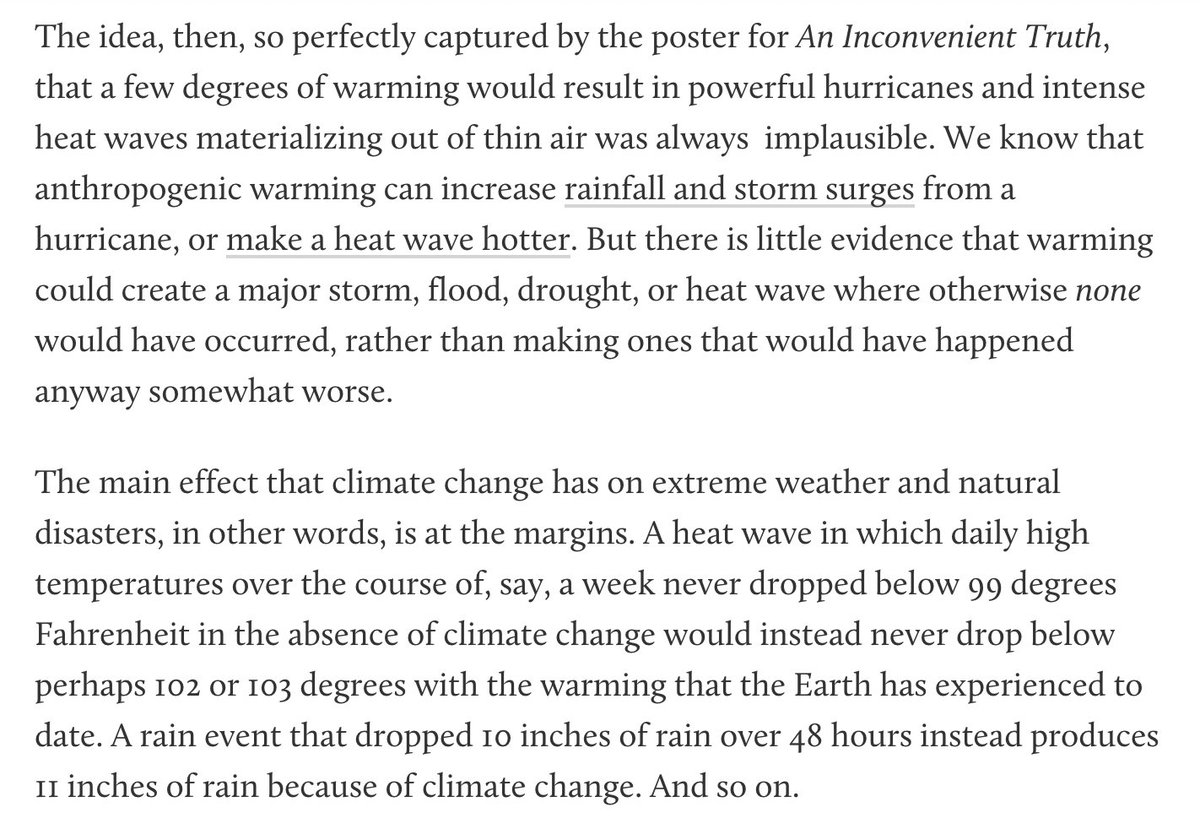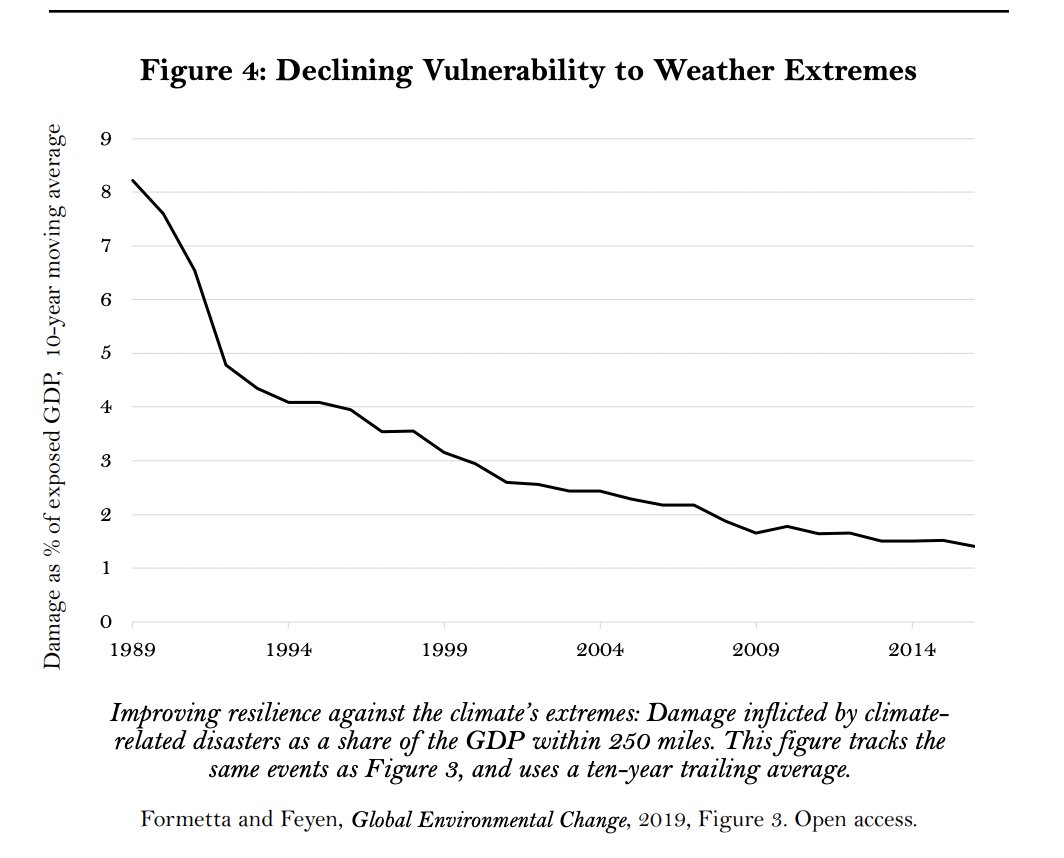1. I always take @leahstokes seriously even when I disagree with her. But this take is more befitting of an activist than a scholar. Since Bill isn't on twitter, I'll address a few things here.
https://twitter.com/leahstokes/status/1160925446315401216
2. First, full disclosure, there is plenty I disagree with Bill about. I am dubious that pricing policies can ever be sustained in a form in which they can deliver on the efficiency suggested by models and theory or produce scale of innovation necessary for deep decarb.
3. But whether you agree or disagree with his methods and remedies, no one would have a functional language with which to think about climate policy and economics without his work.
4. He was explicit that 2C limit was thought-experiment based on historic temp variation. There was hardly any science to guide at time. And 1.5C followed exactly same reasoning. Based on staying within Holocene temp variation. Science justifying both was back-filled post-facto.
5. But whether you think 1.5 or 2 or some other limit is right, you can thank Bill for temp limit-based framework. Most of the other disputes about his methods and legacy are similarly dependent upon his work to even make critique...
6. Prefer a different discount rate? Fine, but you have to stand on his shoulders to make that argument. Don't like his damage function? Ditto. Think climate models should endogenize technological change, same...
7. What his work offered was a way to think about all of the social and economic complexity and trade-offs unavoidably implicated in any effort to address the problem - intergenerational equity, coordinated global action, mitigation vs adaptation, technological change...
8. This is also why so much of activist/advocate community has always hated his work. Because the advocacy project has always imagined that sustained action could be achieved by simply eliding trade-offs and costs (ed. note: it can't).
9. Now apparently, his estimates of cost of climate impacts in the 90's are reason we didn't act on climate change, which is... ridiculous. Only in climate debate could people convince themselves that fate of planet hinged on an Integrated Assessment Model!!!
10. If the critiques of his work have demonstrated anything, it is that neither climate nor economic models can tell us what to do about the problem. Both at this point are mostly being used for support, not illumination...
11. Decide the outcome that you want, then choose a combination of climate sensitivity, discount rate, damage exponent, and rate of tech change to suit your priors. Presto, climate science and economics have revealed the truth from deep and irresolvable uncertainty!
12. I have my own views on many of these questions and have written extensively on them. But key point here is that I, like everyone else, have no starting point to think about any of it without Bill's work. That's why he has Nobel and we are tweeting about it.
13. One final coda. At Nobel celebration, I asked the colleagues/collaborators he had invited what they thought his most important work was. With one exception, all agreed it was actually his work on long-term cost of lighting and it's implications for measuring economic growth.
14. That has important implications for both social discount rate and how we think about importance of tech and innovation policy. Too much attention imho has been dedicated to former and not enough to latter in thinking about climate innovation and policy. FIN/
• • •
Missing some Tweet in this thread? You can try to
force a refresh














